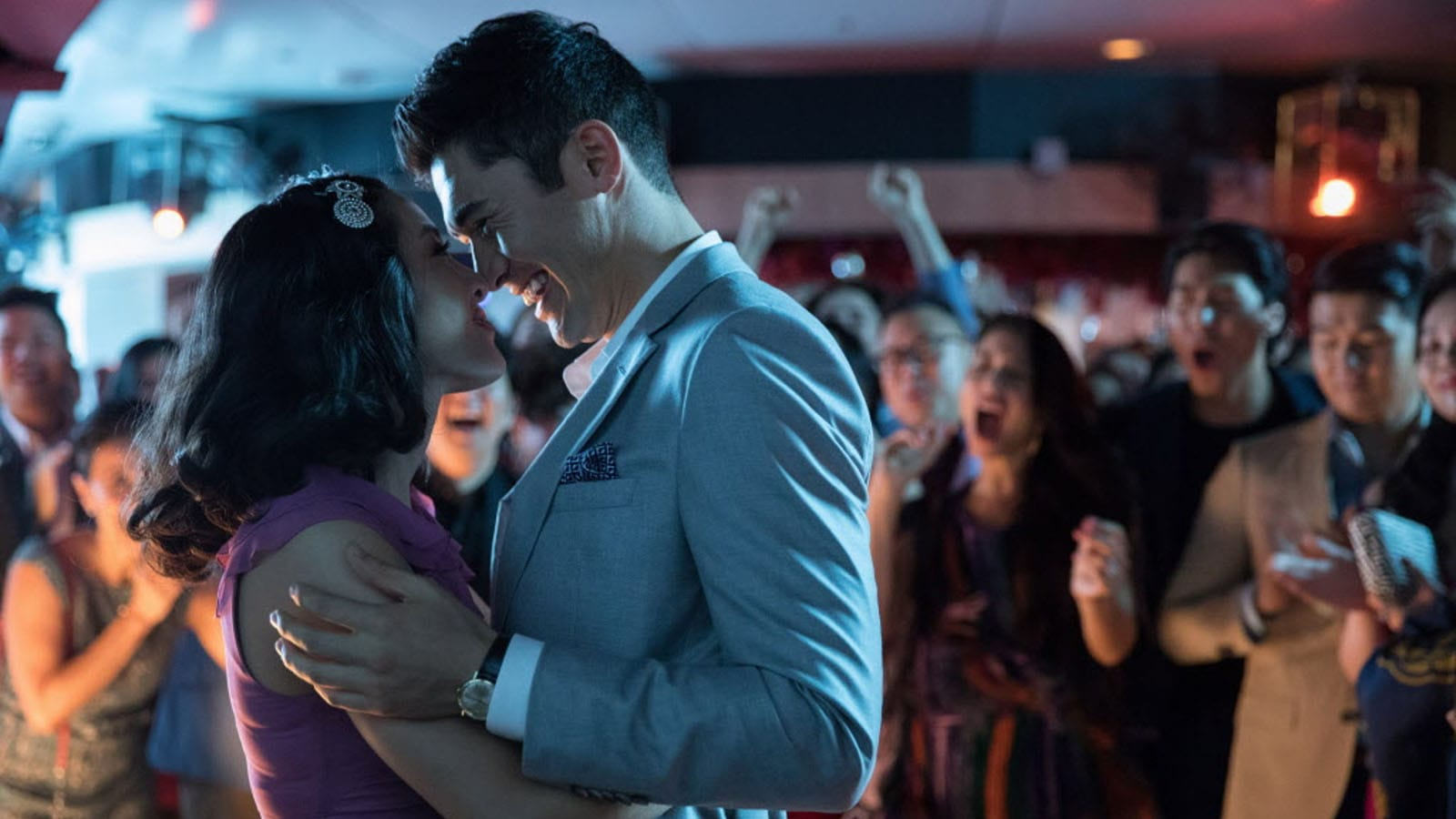Crazy High Expectations

Now that Crazy Rich Asians has begun its rollout into theaters around the world, its makers are facing two distinct challenges. Fully aware that this is the first major Hollywood film to feature a cast of East Asians in nearly every role since Wayne Wang’s The Joy Luck Club was released twenty-five years ago, they’ve consciously taken on the task of proving to the industry that such movies can fly at the box office. Here’s how Robert Ito frames the challenge in the New York Times: “Producers use something called ‘comps’—recent films similar to the ones they’re pitching—to help sell studios on their ideas and budgets. For the producers of Crazy Rich Asians, there weren’t any. For scores of Asian-themed films to come, the hope goes, Crazy Rich Asians could be that comp.” No pressure.
A romantic comedy based on Kevin Kwan’s 2013 international bestseller and directed Jon M. Chu, primarily known for his work on all four sequels in the Step Up franchise, Crazy Rich Asians follows a young Chinese-American economics professor (Constance Wu) to Singapore, where she discovers that her boyfriend (Henry Golding) is the scion of an ultra-rich family of real estate developers. In his review for the Los Angeles Times, Justin Chang calls the film “a tour de force of lifestyle pornography; a slick, enjoyable divertissement; [and] a surprisingly trenchant study of class and cultural difference.”
But how trenchant is this study, really? The NYT’s A. O. Scott finds that this “unabashed celebration of luxury and money” is “set in an Asia miraculously free of history or politics.” And this is where the second challenge comes in. Reporting for the Washington Post, Allyson Chiu talks with critics who argue that the film doesn’t adequately reflect the diversity of Singapore, home to ethnic Chinese (seventy-four percent), Malays (over thirteen percent), and Indians (nine percent). Writer and activist Sangeetha Thanapal tells Chiu that minorities in the island country are already “finding it hard to be represented in ways that are dignified. Now this movie is saying, ‘Hey you know what, the only people that count in Singapore are Chinese people’ and doing it on a global stage.” But Singaporean actress Tan Kheng Hua, who has a role in the movie, is quick to point out that “it’s called Crazy Rich Asians, it’s not called ‘Every Singaporean.’”
Responding to Chiu’s piece on Twitter, Justin Chang writes: “Tokyo Story fails to capture the diversity of the Asian experience. Ugetsu fails to capture the diversity of the Asian experience.” And so on, through Edward Yang’s Yi Yi and John Woo’s Hard Boiled. Chang’s tweet has sparked an exchange, a remarkably civil one for Twitter, with writer Joseph Tan, who suggests that “it seems South Asian faces were relegated [in the film] to the role of guards and servants.” Chang points out that “it always struck me as inevitable that the movie would represent major progress for some and an unfortunate step backward for others.”



